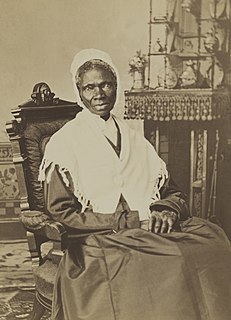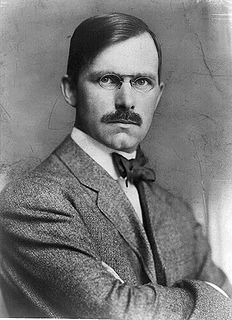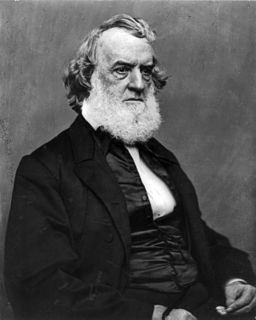A Quote by John Lewis
When growing up, I saw segregation. I saw racial discrimination. I saw those signs that said white men, colored men. White women, colored women. White waiting. And I didn't like it.
Related Quotes
In it not easy to remain rational and normal mentally in such a setting where, even in our airport in Montgomery, there is a white waiting room... There are restroom facilities for white ladies and colored women, white men and colored men. We stand outside after being served at the same ticket counter instead of sitting on the inside.
When I was growing up in rural Alabama, as a young child, about 50 miles from Montgomery, and we would visit the little town of Troy, or visit Montgomery or Tuskegee, I would see the signs that said, "WHITE MEN - COLORED MEN," "WHITE WOMEN - COLORED WOMEN."And I would come home and say to my mother and father and my grandparents, "Why?" "Why this?" "Why that?" And they would just tell me, "That's just the way it is! Don't get in the way. Don't cause trouble."
The miscegenation laws of the South only operate against the legitimate union of the races; they leave the white man free to seduce all the colored girls he can, but it is death to the colored man who yields to the force and advances of a similar attraction in white women. White men lynch the offending Afro-American, not because he is a despoiler of virtue, but because he succumbs to the smiles of white women.
There is a great stir about colored men getting their rights, but not a word about the colored women; and if colored men get their rights, and not colored women theirs, you see the colored
men will be masters over the women, and it will be just as bad as it was before. So I am for keeping the thing going while things are stirring; because if we wait till it is still, it will
take a great while to get it going again.
...black women write differently from white women. This is the most marked difference of all those combinations of black and white, male and female. It's not so much that women write differently from men, but that black women write differently from white women. Black men don't write very differently from white men.
Imperialism has now reached a degree of almost scientific perfection. It uses White workers to conquer the non-white workers of The Colonies. Then, it hurls the non-white workers of one colony against those of another non-white colony. Finally, it relies on the Colored workers of the colonies to rule the White workers. Recently, White French soldiers near mutiny in the occupied Ruhr of Germany, were surrounded by French African soldiers, and colored native light-infantry were sent against White German strikers.
There were colored and white waiting rooms everywhere, from doctor's offices to the bus stations, as people may already know. But there were actually colored windows at the post office in, for example, Pensacola, Florida. And there were white and colored telephone booths in Oklahoma. And there were separate windows where white people and black people would go to get their license plates in Indianola, Mississippi. And there were even separate tellers to make your deposits at the First National Bank in Atlanta.
If you grew up white before the civil rights movement anywhere in the South, all grown-ups lied. They'd tell you stuff like, 'Don't drink out of the colored fountain, dear, it's dirty.' In the white part of town, the white fountain was always covered with chewing gum and the marks of grubby kids' paws, and the colored fountain was always clean.
They wanted black women to conform to the gender norms set by white society. They wanted to be recognized as 'men,' as patriarchs, by other men, including white men. Yet they could not assume this position if black women were not willing to conform to prevailing sexist gender norms. Many black women who has endured white-supremacist patriarchal domination during slavery did not want to be dominated by black men after manumission.
When I was nineteen, pureness was the great issue. Instead of the world being divided up into Catholics and Protestants or Republicans and Democrats or white men and black men or even men and women, I saw the world divided into people who had slept with somebody and people who hadn’t, and this seemed the only really significant difference between one person and another.
For I am Saruman the Wise, Saruman Ring-maker, Saruman of Many Colours!' I looked then and saw that his robes, which had seemed white, were not so, but were woven of all colours, and if he moved they shimmered and changed hue so that the eye was bewildered. I liked white better,' I said. White!' he sneered. 'It serves as a beginning. White cloth may be dyed. The white page can be overwritten; and the white light can be broken.' In which case it is no longer white,' said I. 'And he that breaks a thing to find out what it is has left the path of wisdom.' - Gandalf
On the Avenue in front of the White House were several hundred colored people, mostly women and children, weeping and wailing their loss. This crowd did not diminish through the whole of that cold, wet day; they seemed not to know what was to by their fate since their great benefactor was dead, and though strong and brave men wept when I met them, the hopeless grief of those poor colored people affected me more than almost anything else.
































